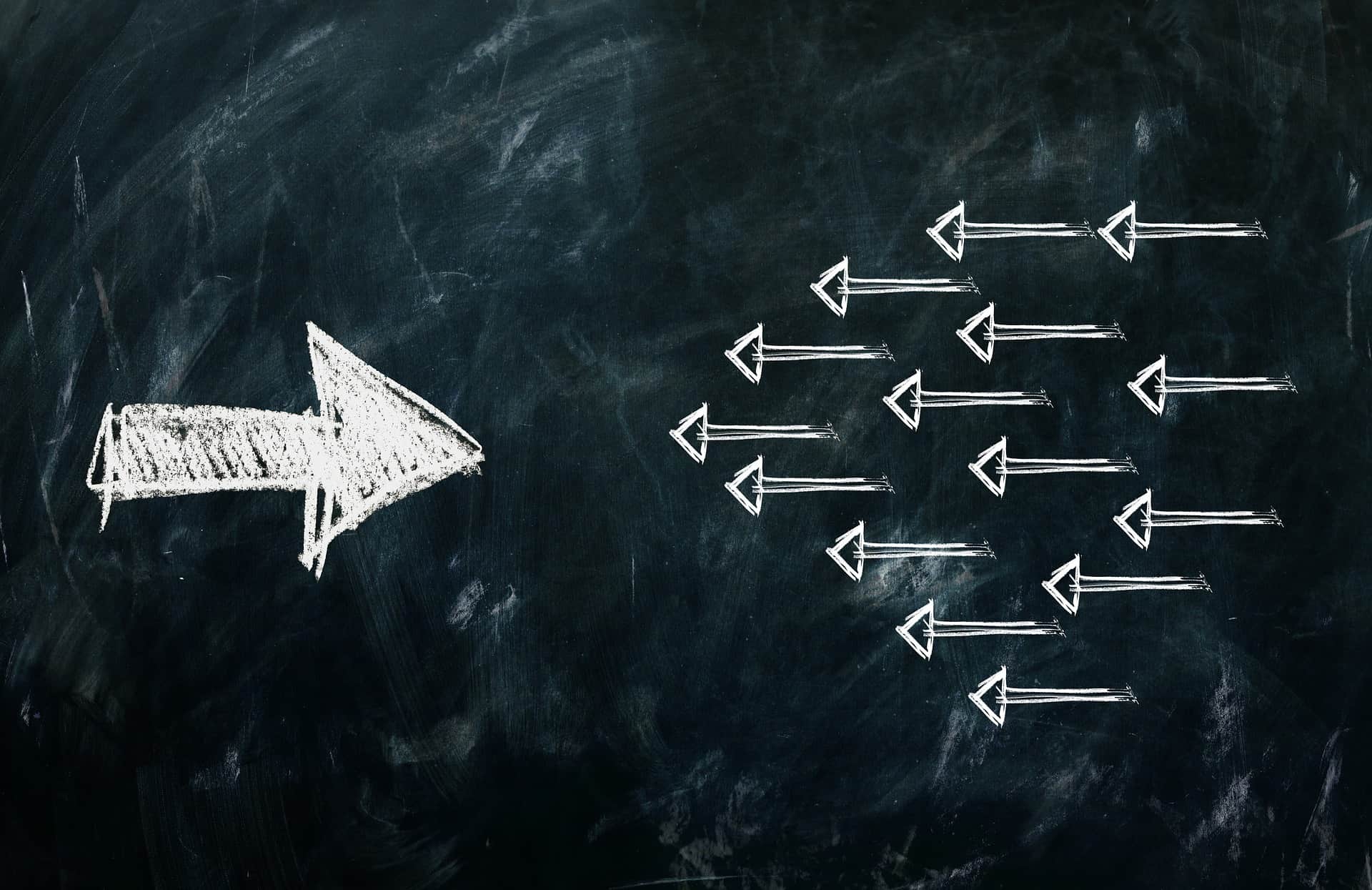Resilience in the time of COVID
Many parents now know the monumental difference between praising the outcome as opposed to rewarding and focusing on the effort. According to Stanford psychologist Carol Dweck, children reach new heights if they are encouraged to continue exerting effort on a task.
Jon Jon Rivero, the CEO of Qi Creative and a trauma expert, stresses the importance of practicing unconditional positive regard for children as a way to instill resilience. “Allow them to fail and struggle, and experience hardship with new things.” It is through the trials and effort that “kids learn how awesome they can be.”
According to Dweck’s research discussed in the article The Effort Effect, this is key to developing resilience. Local therapeutic resources, Rivero and Franki Harrogate, a registered provisional psychologist, offer encouragement for adults who may have missed out on a childhood environment conducive to developing resilience.
The challenges of isolation have skyrocketed during enforced lockdowns and restrictions. Rivero suggests one easy way to develop resilience “is to remember how far you’ve come and recognize the challenges you’ve survived.”
Harrogate points out the gaps in the system. “What are we asking people to be strong from? How do we help people co-regulate to feel okay just living and breathing?” Often the cracks and crevasses are too wide for people to access resilience while they are still living the challenging conditions. “We must focus on meeting people’s basic needs [housing, food, water, safety].” Developing resilience isn’t possible if people are trying to survive.
To tap into inner resources and strengthen your resolve when options are few, eco-psychology is a tool Harrogate uses. Eco-psychology is essentially the emotional connections between people and the earth. ”Hug a tree, lay down on some grass, hold hands, establish a connection with the green and growing world.” Part of Harrogate’s process is to ask people when they “last sat on the earth. We recuperate faster with an outside view.”
If you lack someone to hold hands with, “even touching your own skin for five minutes can regulate our nervous systems,” says Harrogate.
Rivero says, “Resilience is a frame of mind that can be accessed by remembering life is supposed to have both positive and negative experiences.” Pull back and reflect. “You can change the meaning at any given time to what a challenging incident means to you.” Change is a natural law. “When we can gently remind ourselves there will be changes and challenges, that mindset alone can help us as a human race.”
The fear and division between people now is also a threat to our peace of mind. Rivero says, “It’s important to keep in mind when disagreements arise that we need to hang onto the hope that what unites us is far stronger than what separates us.”
When he reads a social media post by a friend with a completely different view, Rivero says, “I have to remember that everyone is entitled to their beliefs and opinions. I may not understand them, but it shouldn’t make me feel better or wrong.”
Instead, it helps Rivero to focus on remembering why they were friends in the first place. In his mission to understand, Rivero is happy to discover “we have more similarities than differences, even though we might be polar opposites on politics or spirituality.”
Keeping the connection lines open and friendships intact offers support when our inner resilience may flounder.







